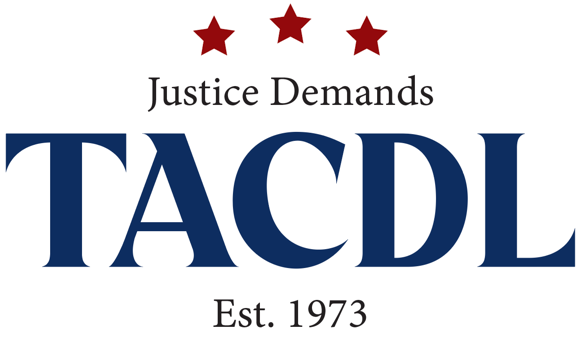Is it legal to drink while carrying a handgun?
Is It Legal to Drink While Carrying a Gun in Tennessee? Tennessee is a state with strong protections for the right to bear arms, but even here, there are limits. A common and misunderstood questions...
What is Implied Consent?
If you’re stopped for suspected DUI in Tennessee, you may be asked to take a breath or blood test. . . .
Can you get a DUI without driving?
If you’ve ever wondered whether you can be arrested for DUI even if you weren’t driving, the answer in Tennessee is: yes, you can. In fact, many people are surprised to learn that just sleeping in...
Recidivist Misdemeanant Law
If you have prior misdemeanor convictions, a new Tennessee law could significantly impact your future. On July 1, 2024, the state enacted Tennessee Code Annotated § 40-35-124, also known as the...
Resources for Immigrants
Links to Immigration Information and Services I am a criminal defense attorney, not an immigration attorney. My legal services for immigrants are limited to criminal defense. However, I am...
What Immigrants Should Know If Charged with a Crime in Tennessee
Navigating a Changing Legal Landscape Criminal Defense in Davidson and Wilson County As a criminal defense attorney in Tennessee, I understand that facing criminal charges is stressful and...
New DUI laws 2024
What is the Impact of the New Tennessee DUI Laws? Tennessee has long been known for its strict stance on driving under the influence (DUI), and recent legislative updates have reinforced that...
DUI Attorney Carla Grebert Completes ARIDE Police Training
Nashville DUI Attorney Carla Grebert has successfully completed ARIDE Training (Advanced Roadside Impaired Driving Enforcement Training). The ARIDE curriculum from NHTSA (National Highway...
DUI Attorney Carla Grebert Completes NHTSA DUI Detection and Standardized Field Sobriety Testing Course
DUI Attorney Carla Grebert completed and passed National Highway Traffic Safety Administration’s (“NHTSA”) DUI Detection and Standardized Field Sobriety Testing Course on March 9, 2024. This is the...
How Does Probation Work in Tennessee?
What is probation? Probation is an alternative to a jail or prison sentence. It allows individuals convicted of a crime to remain in the community under the supervision of a probation officer. The...















